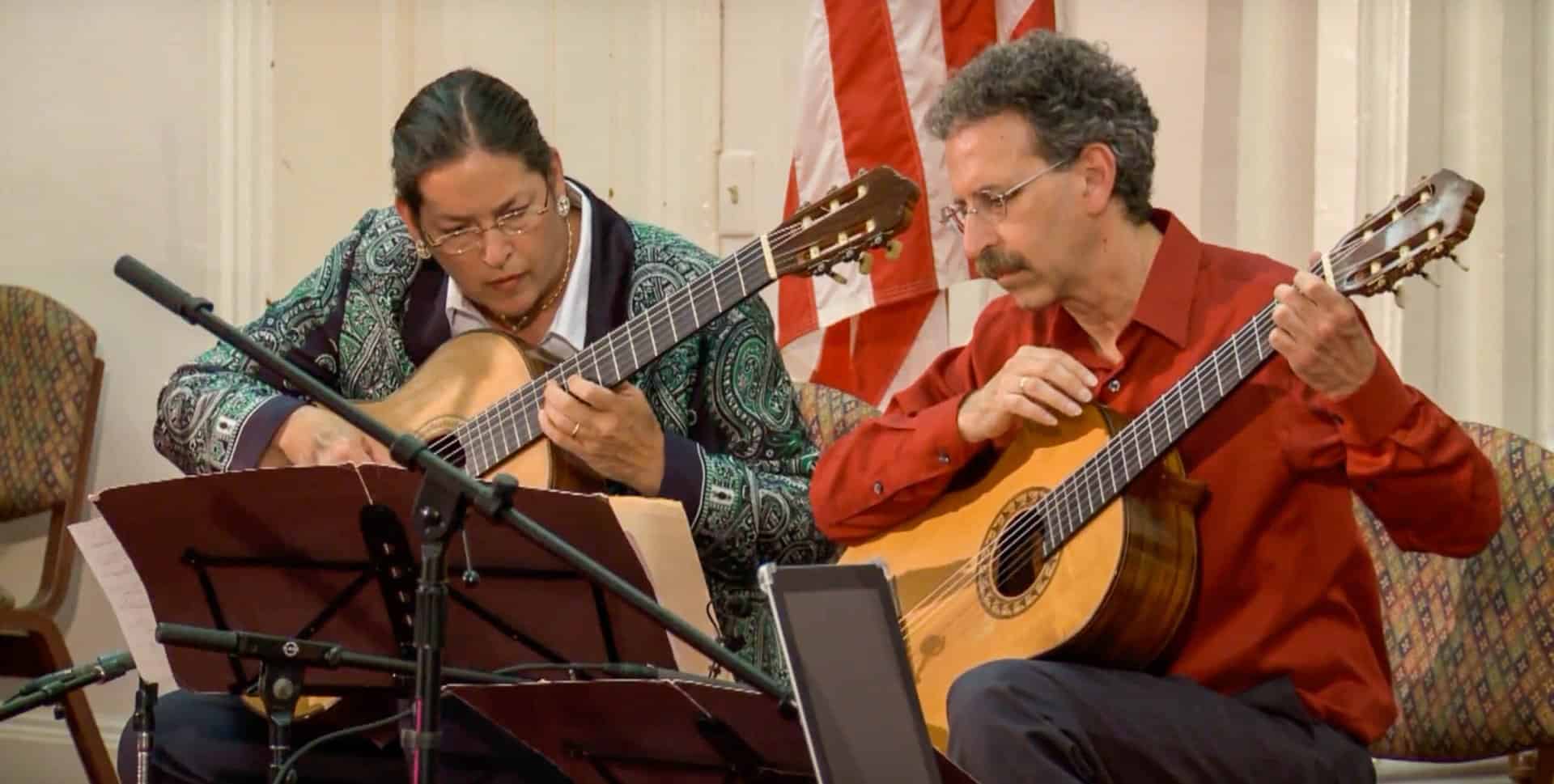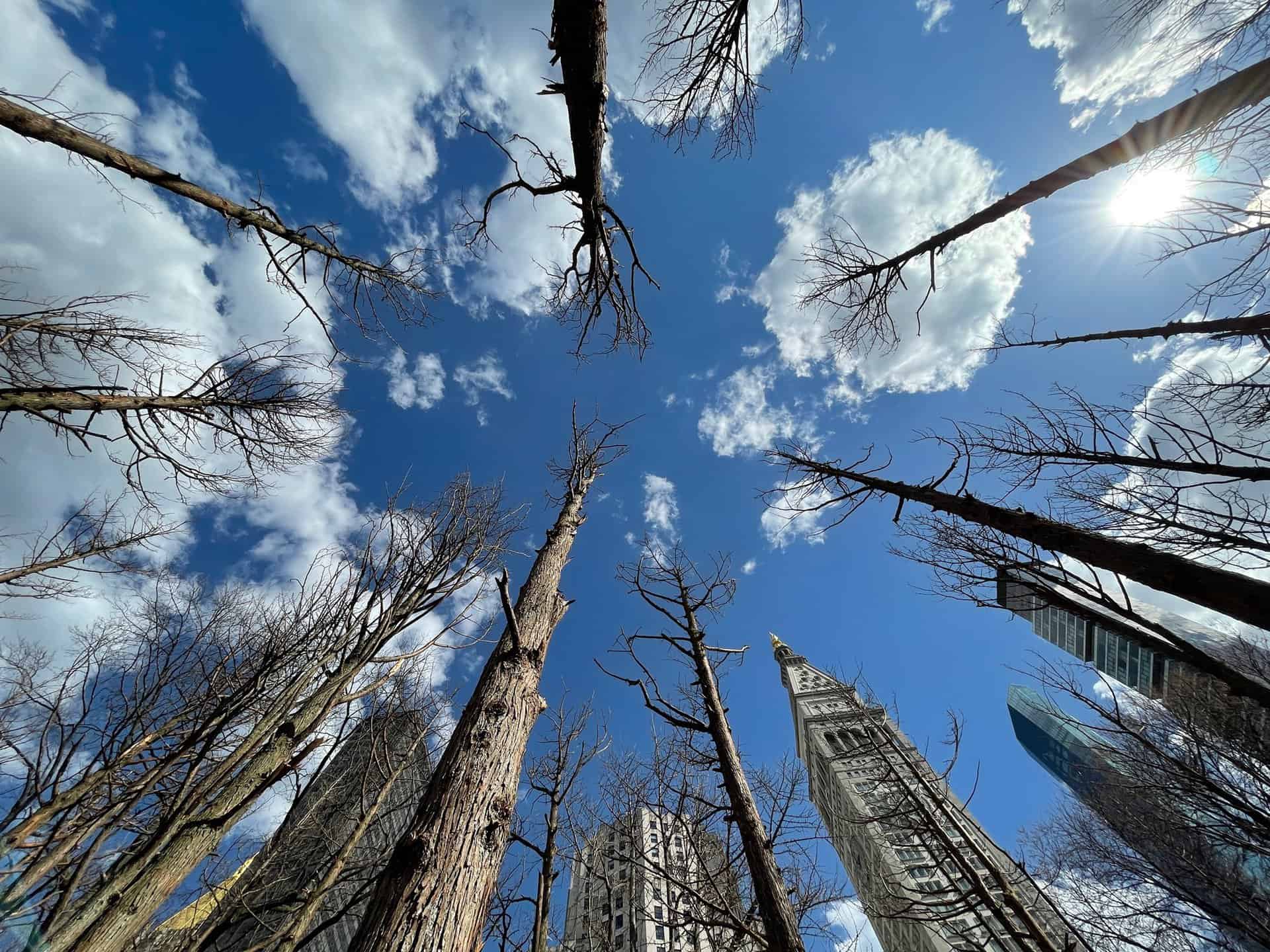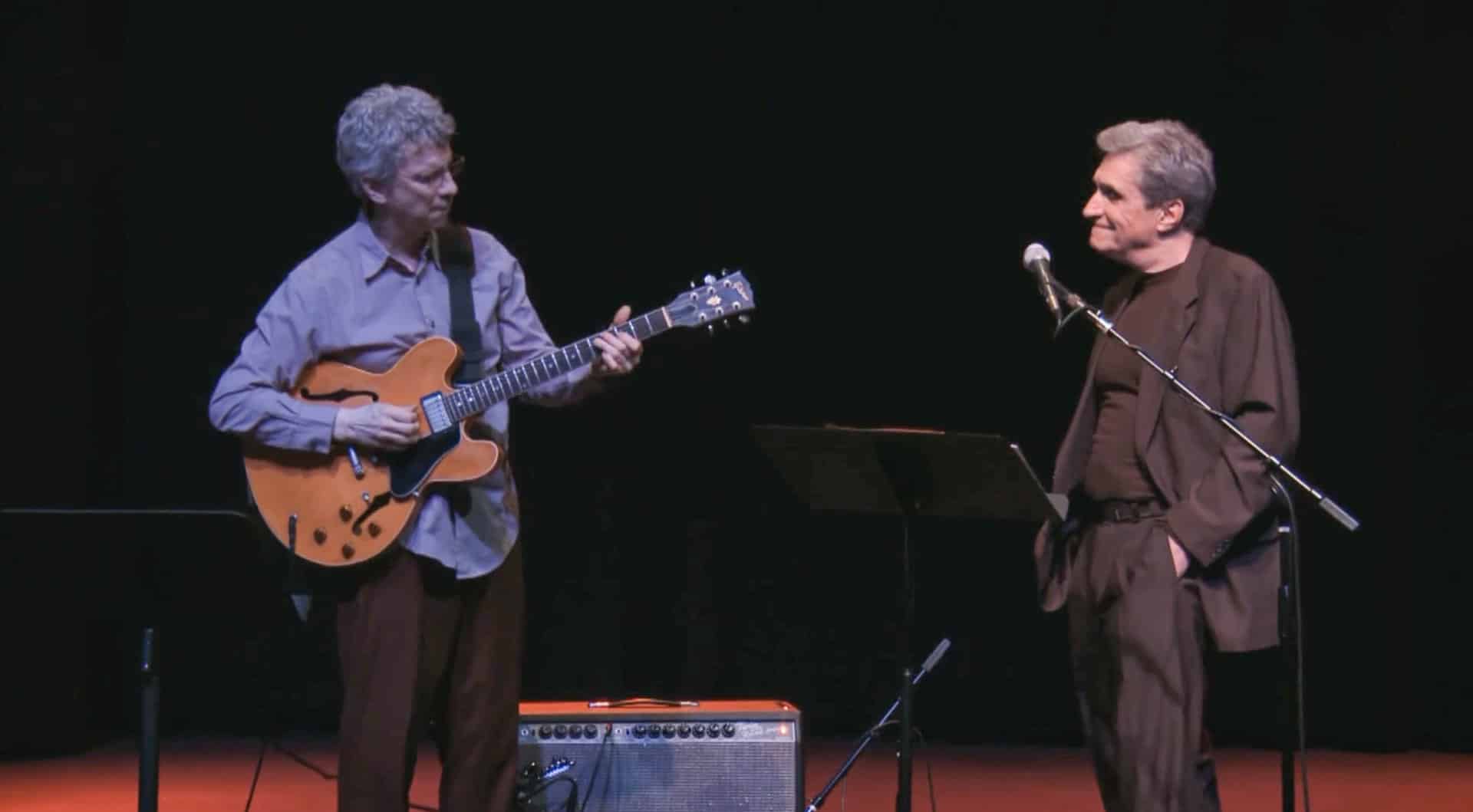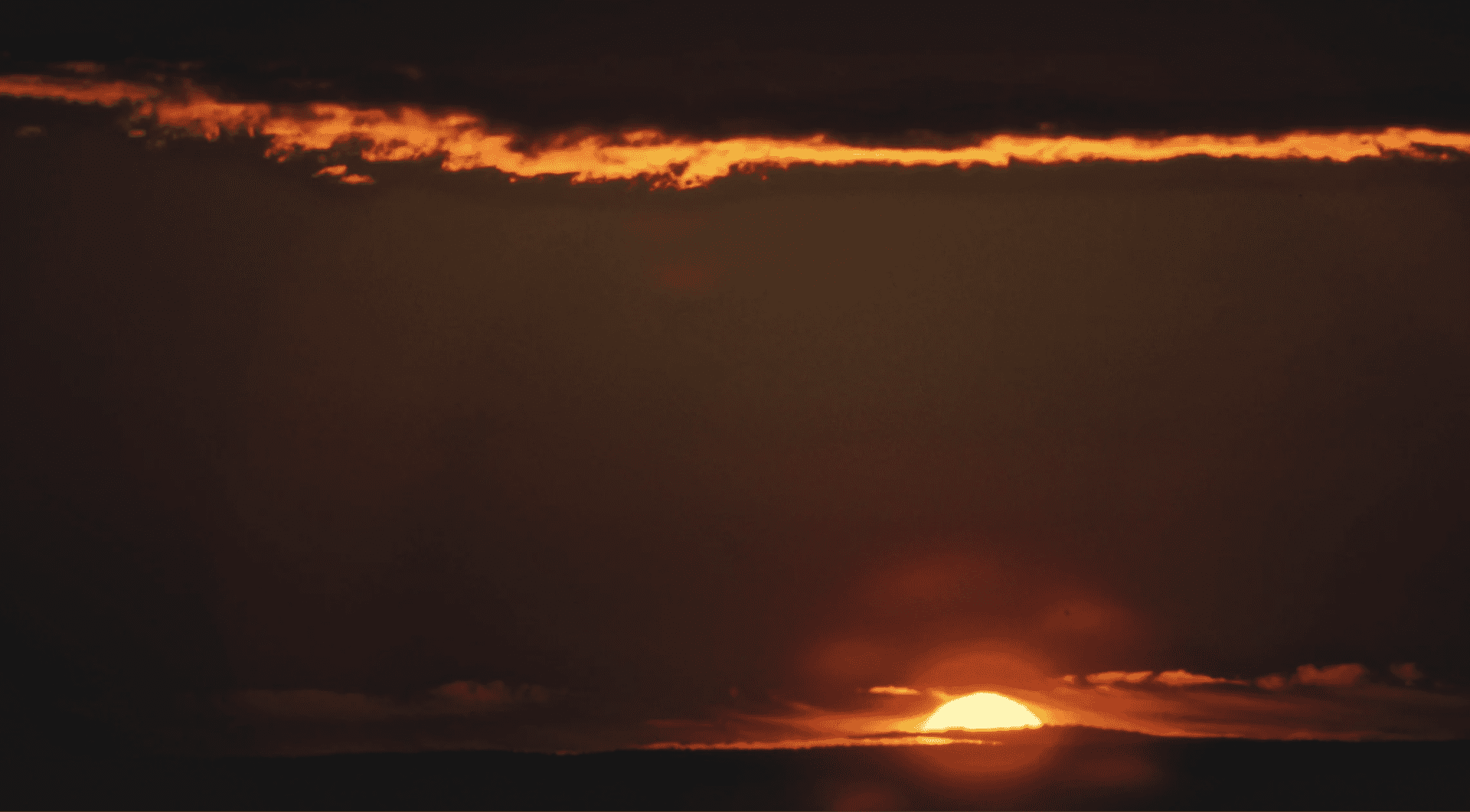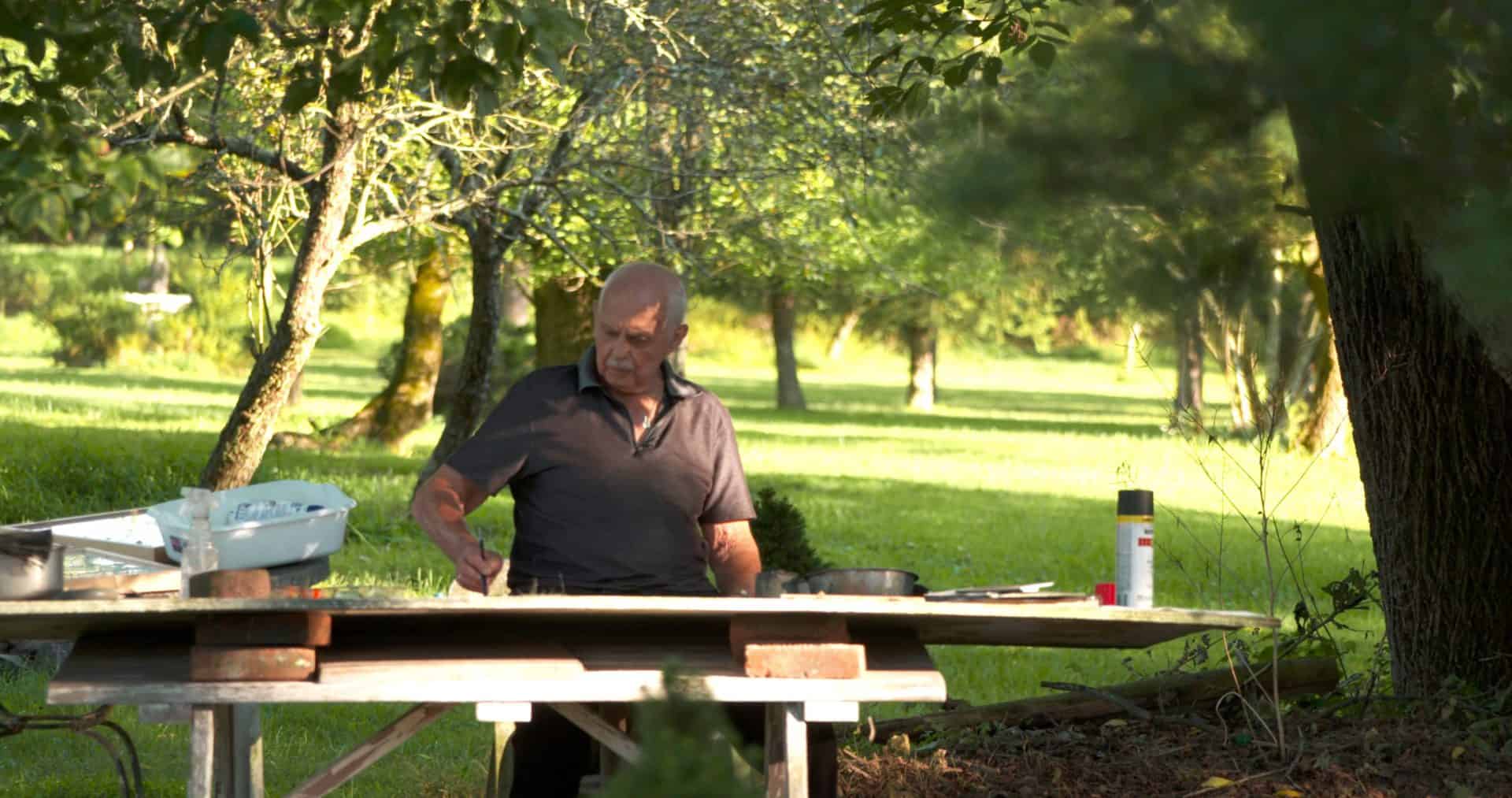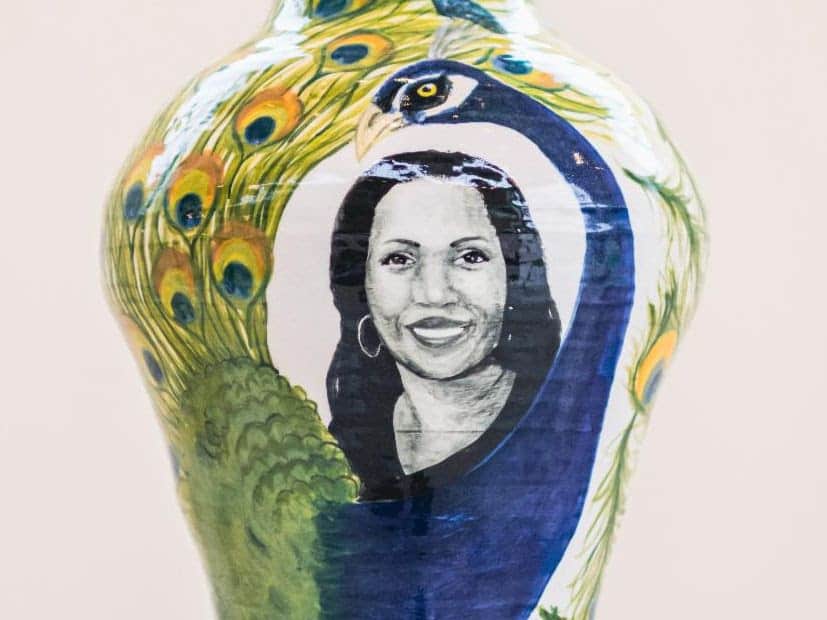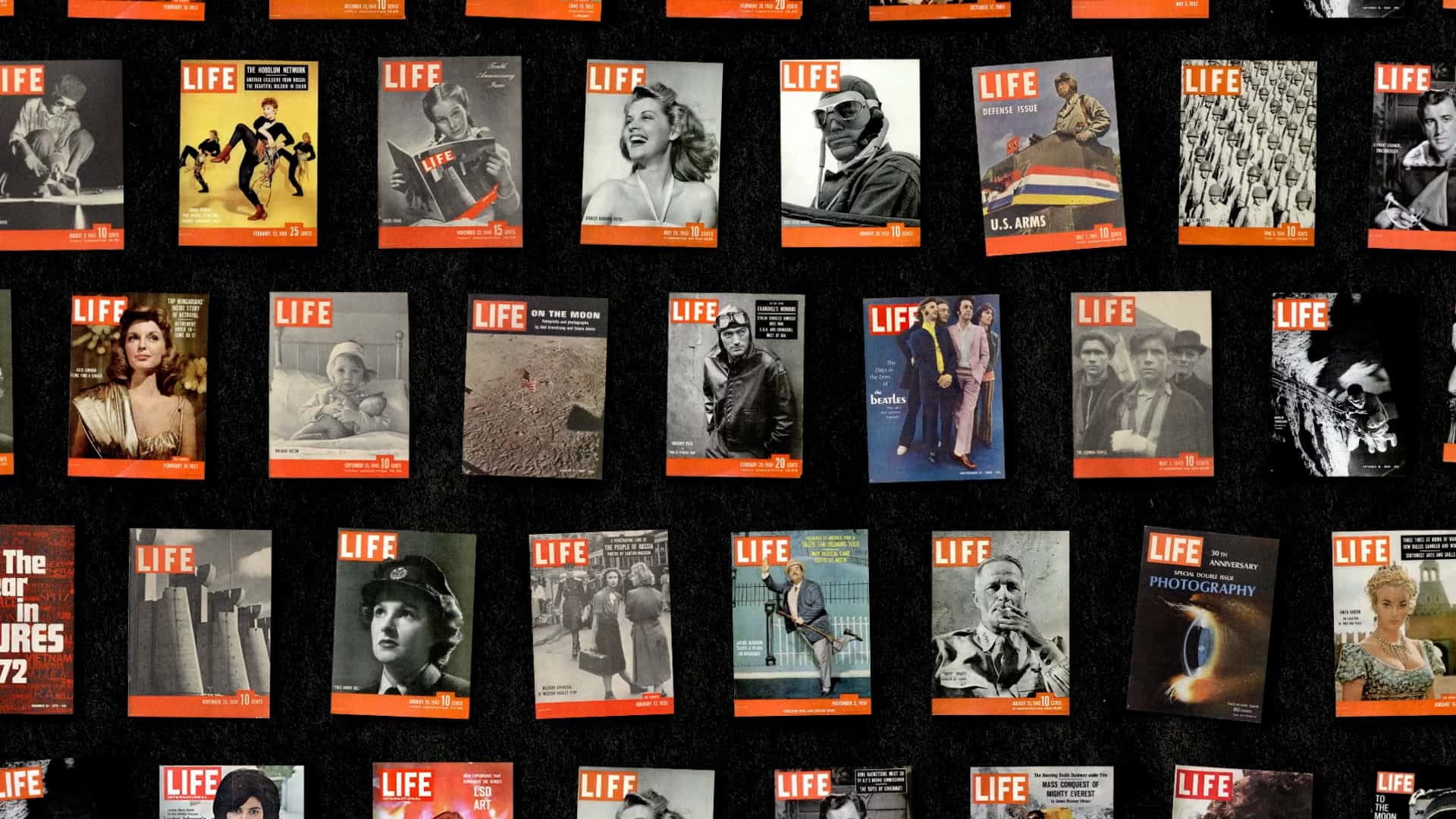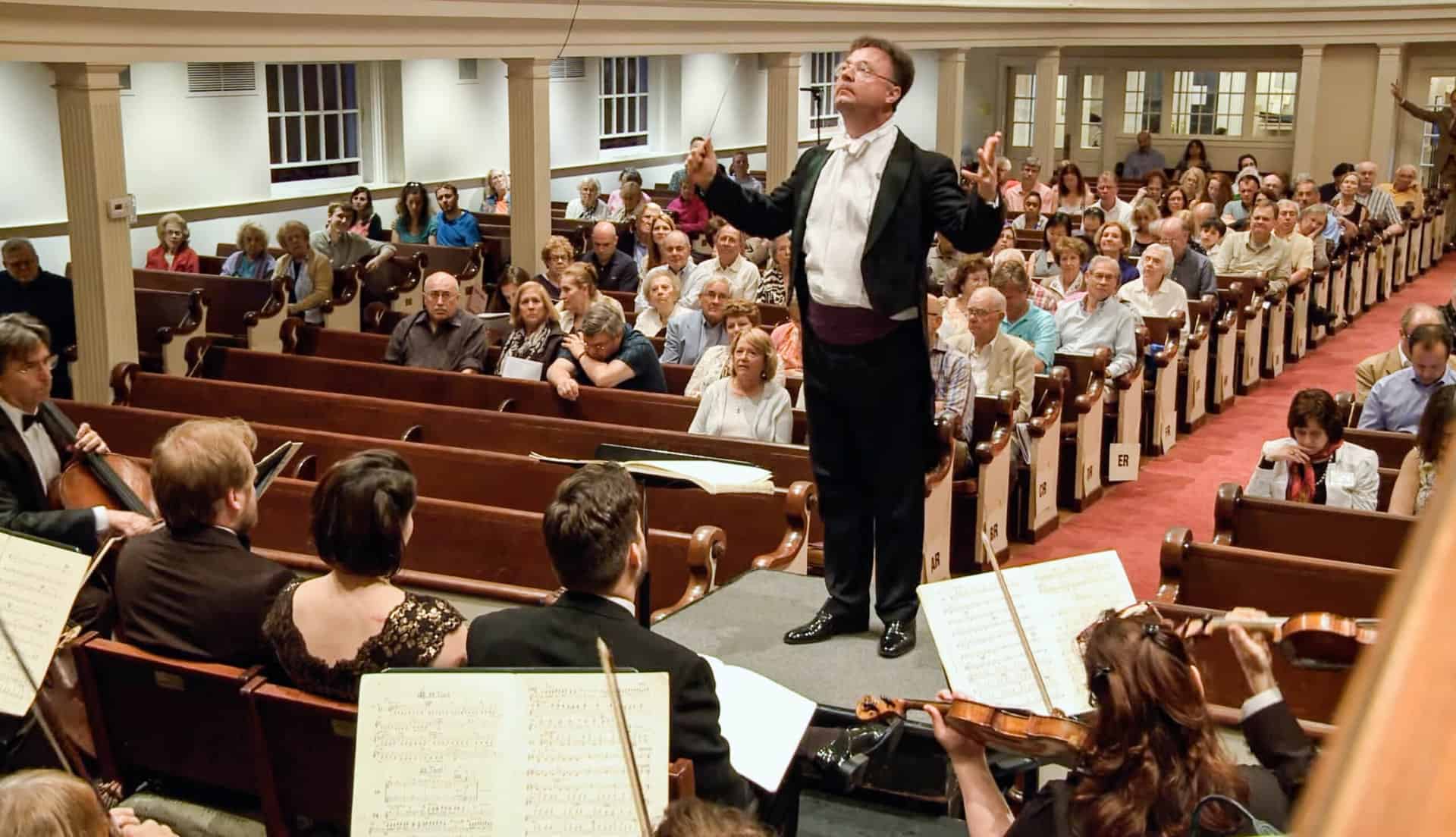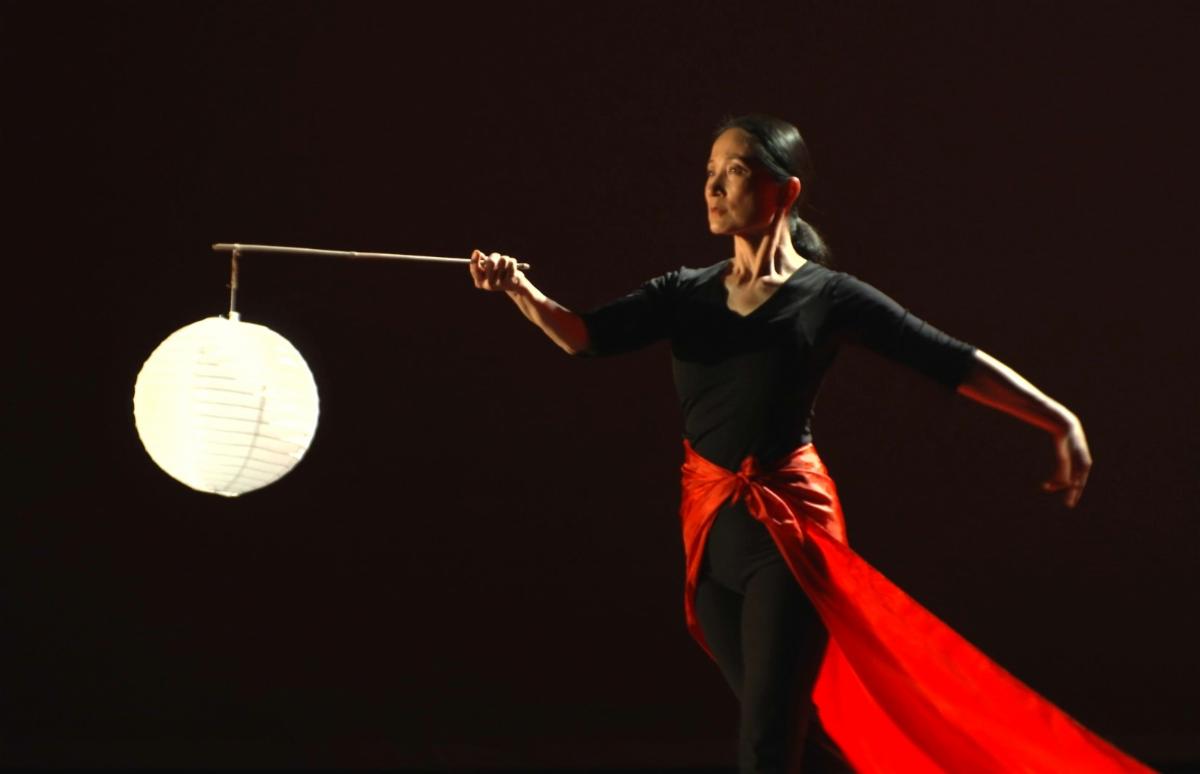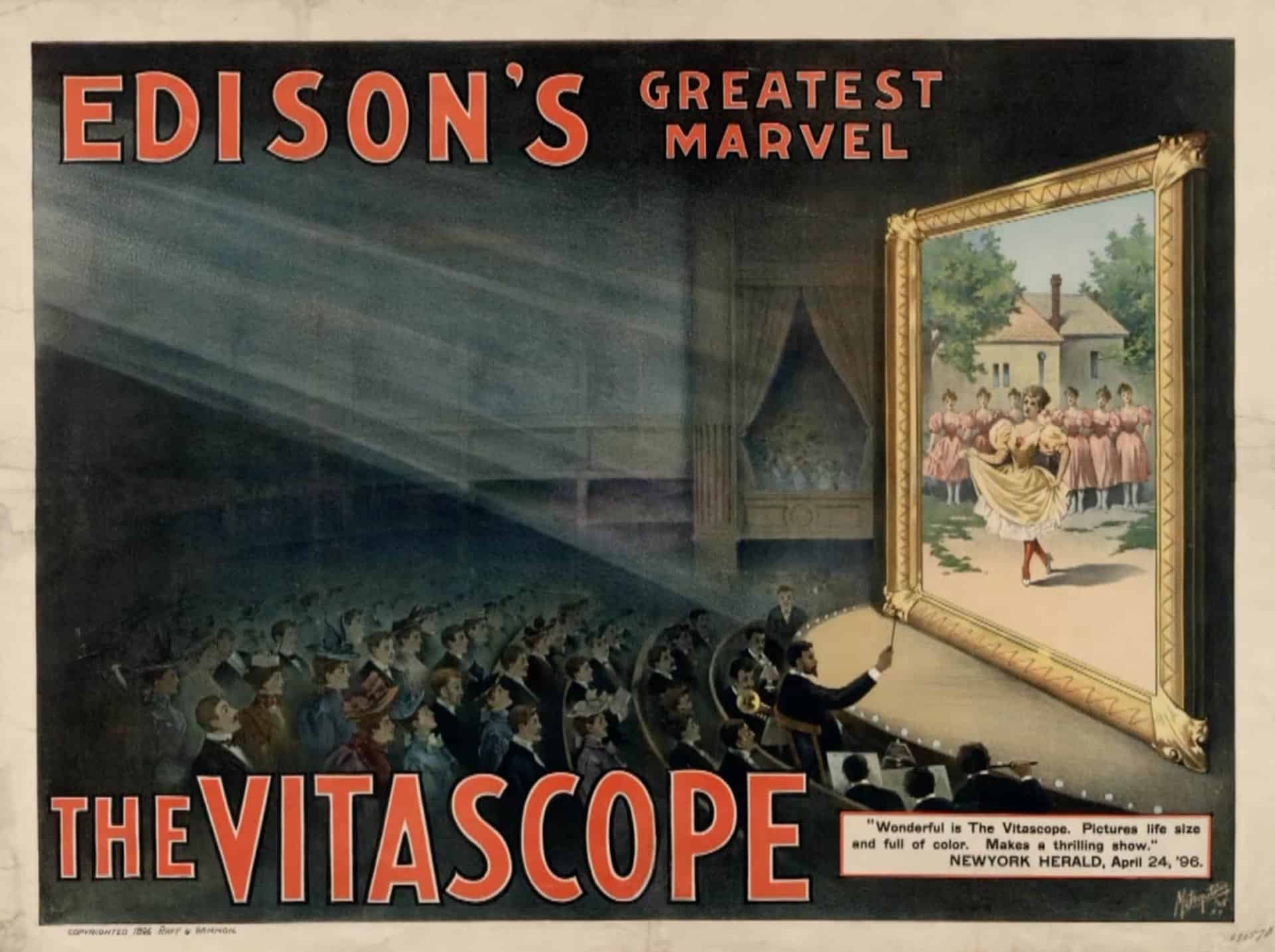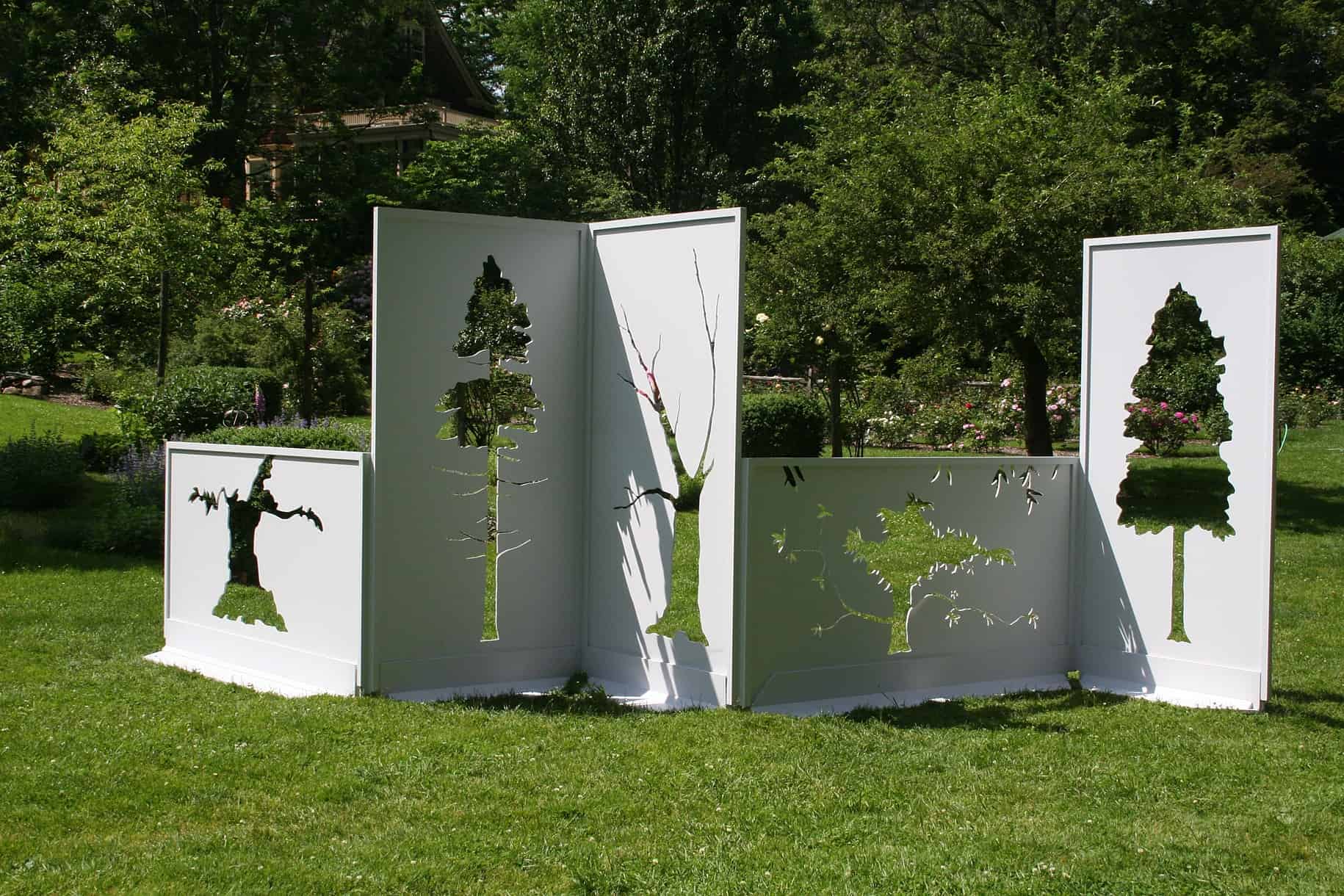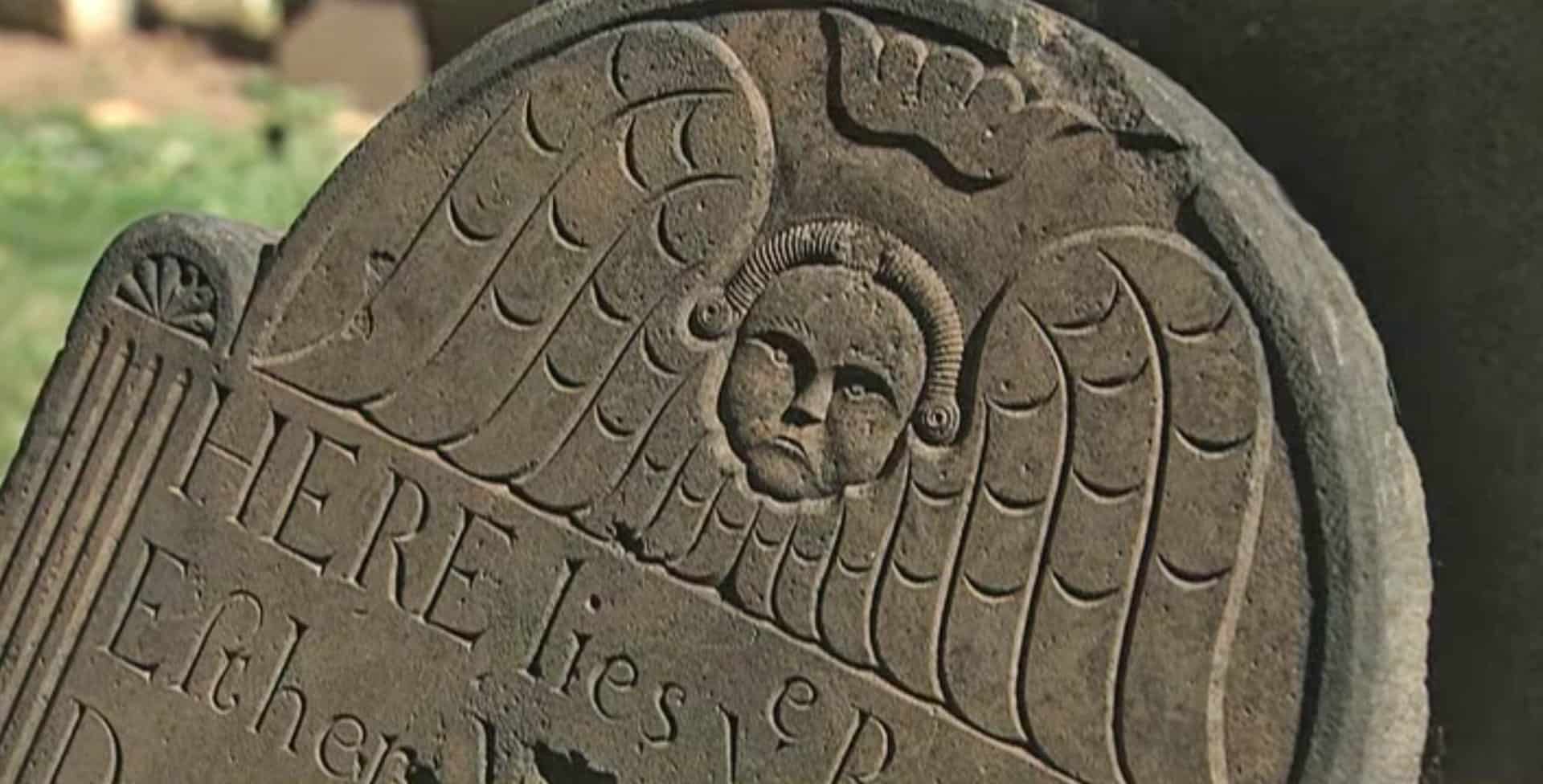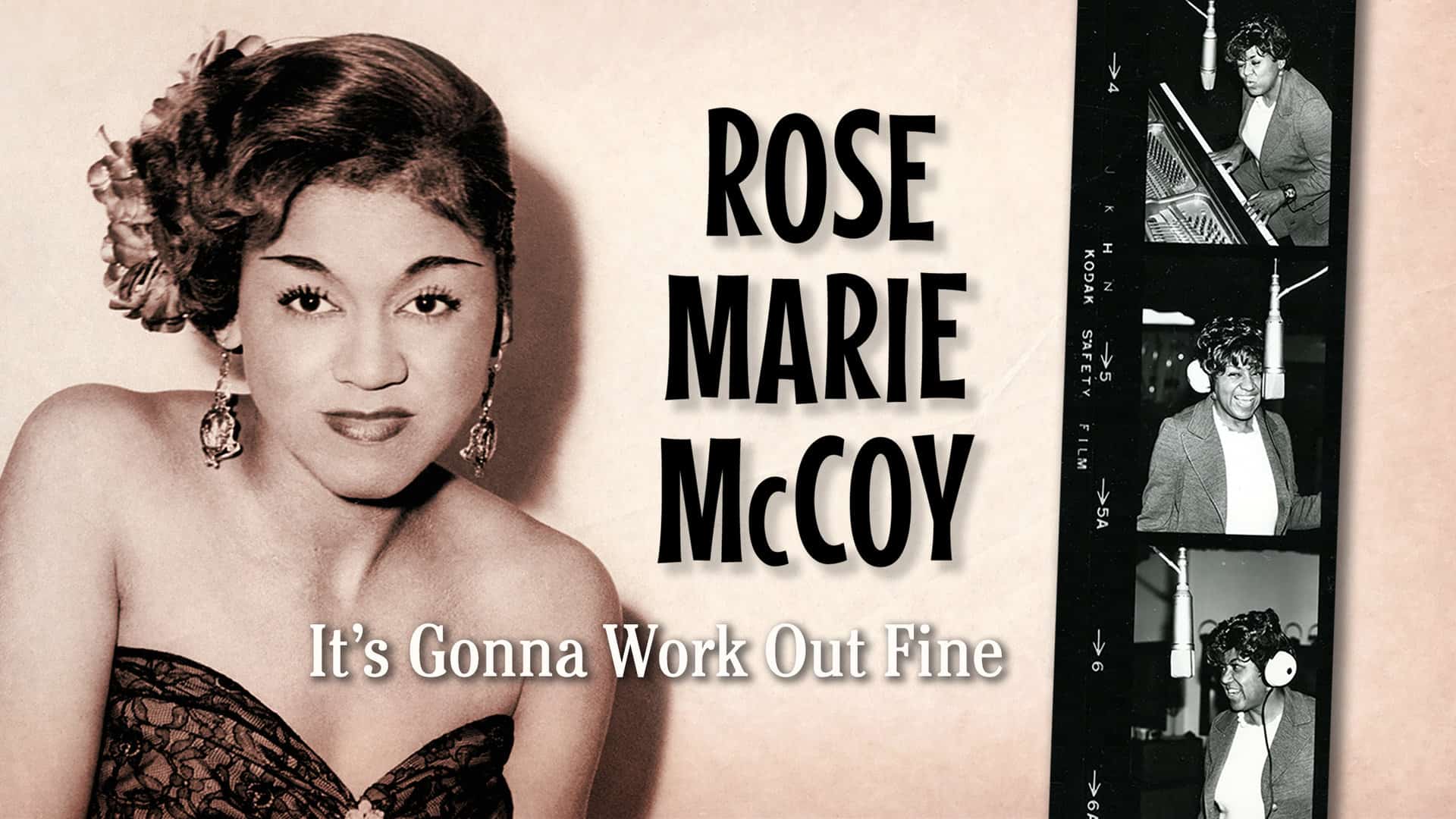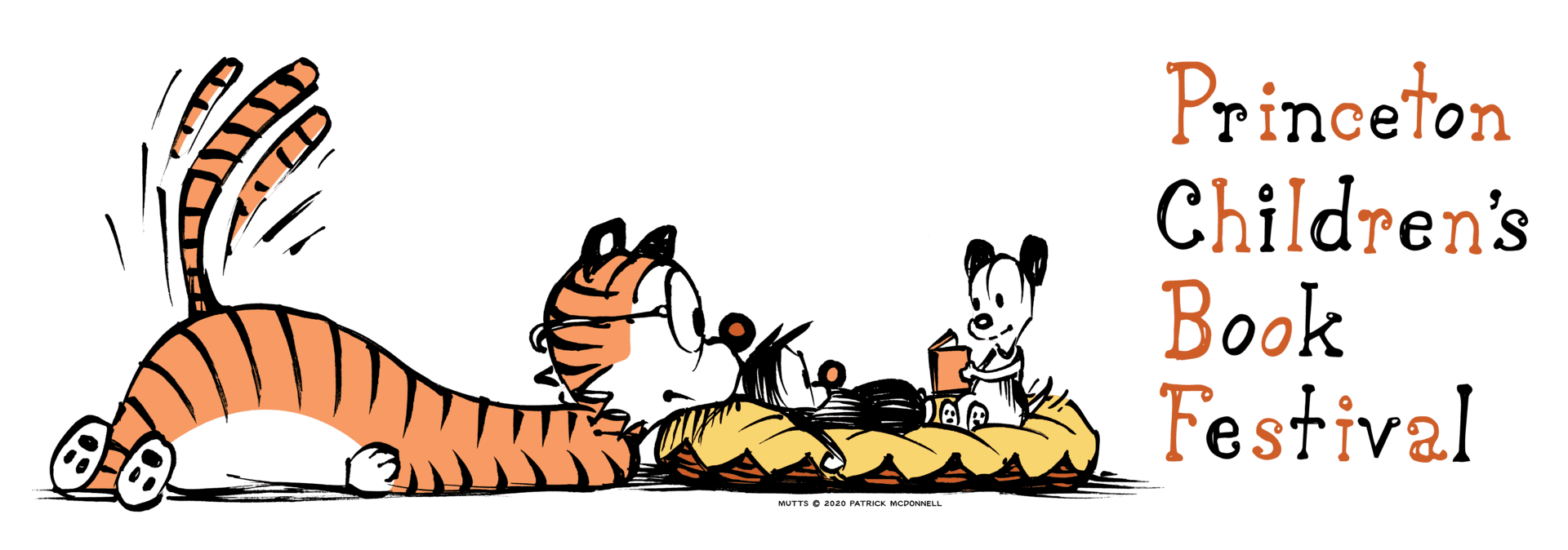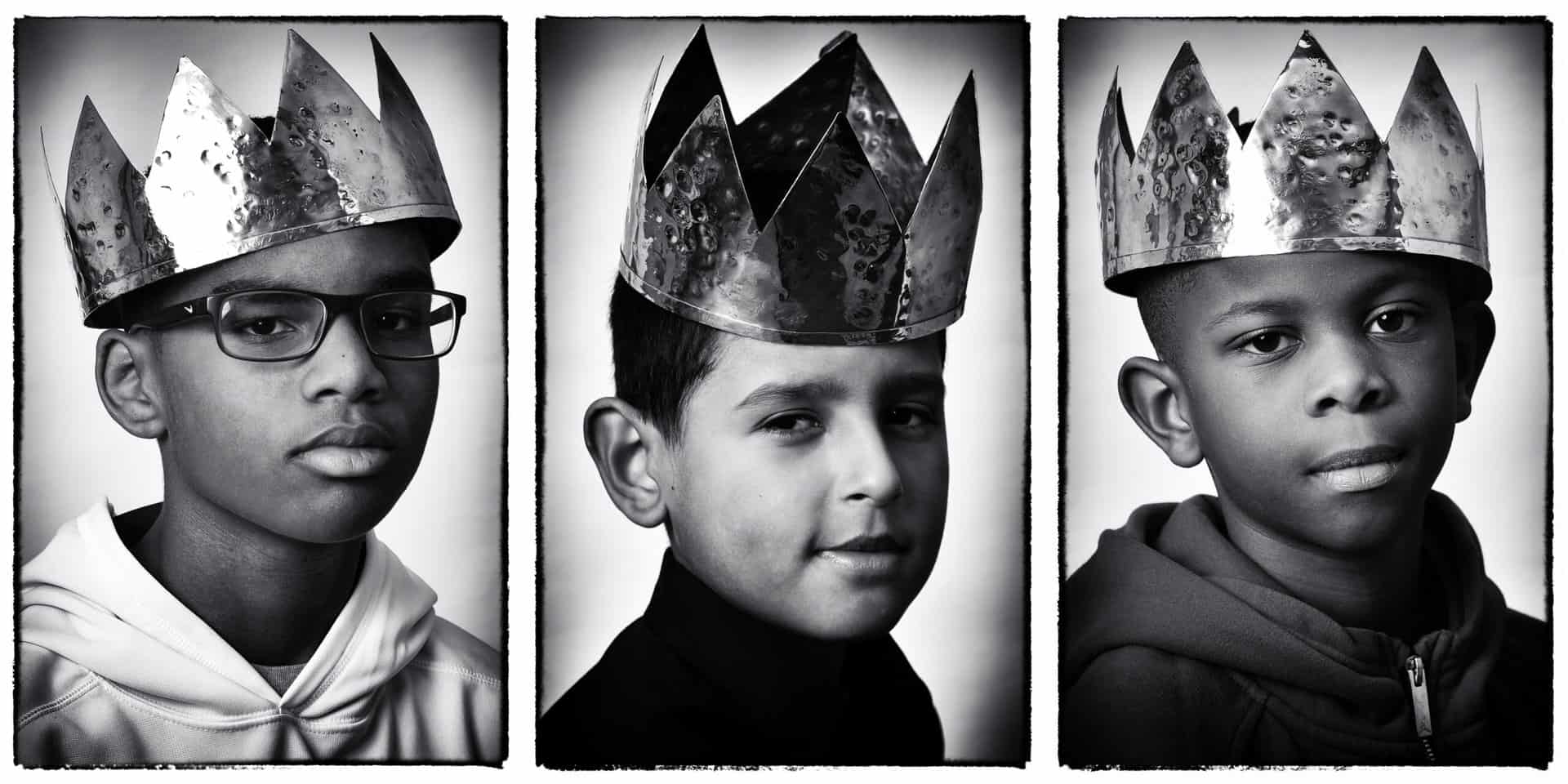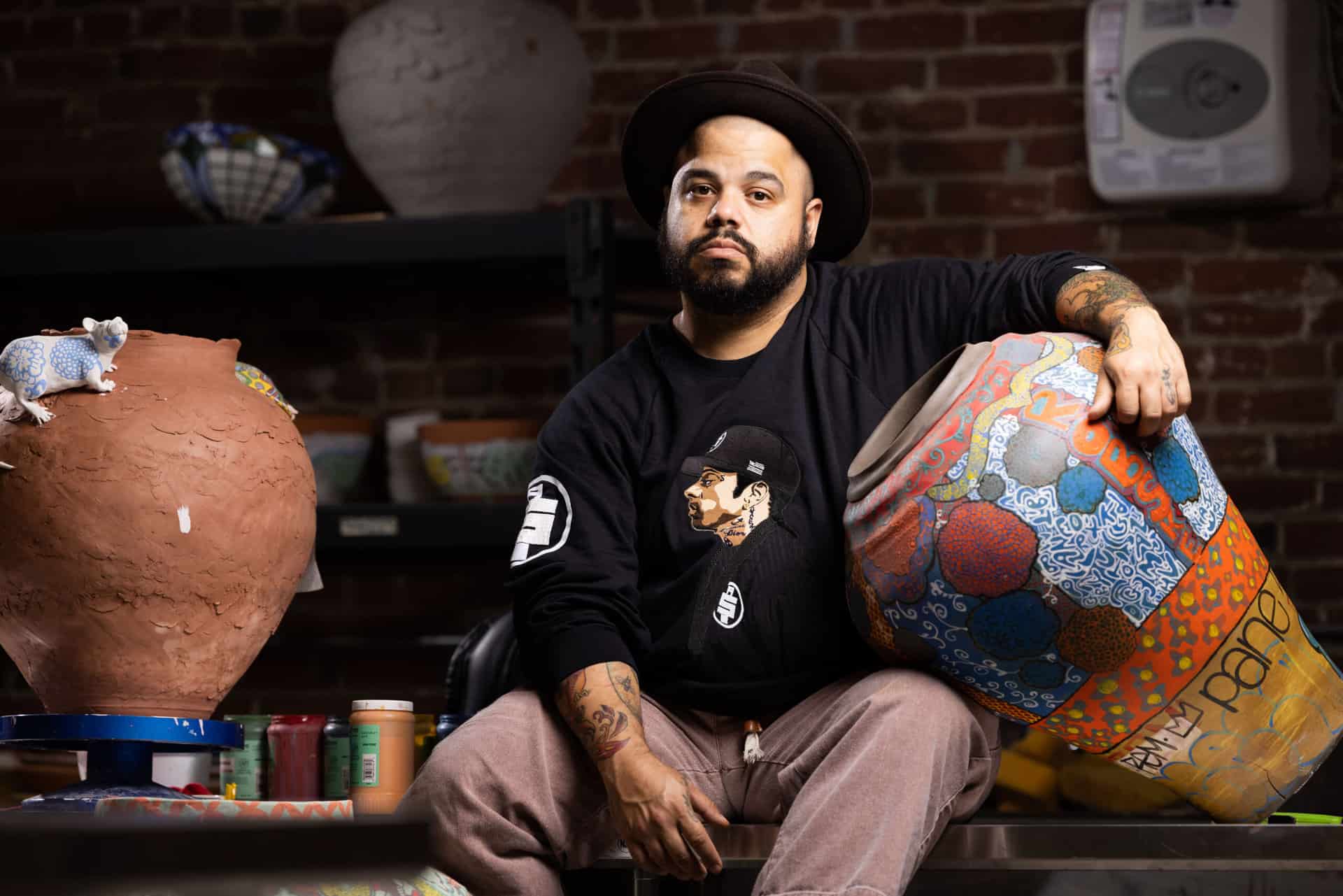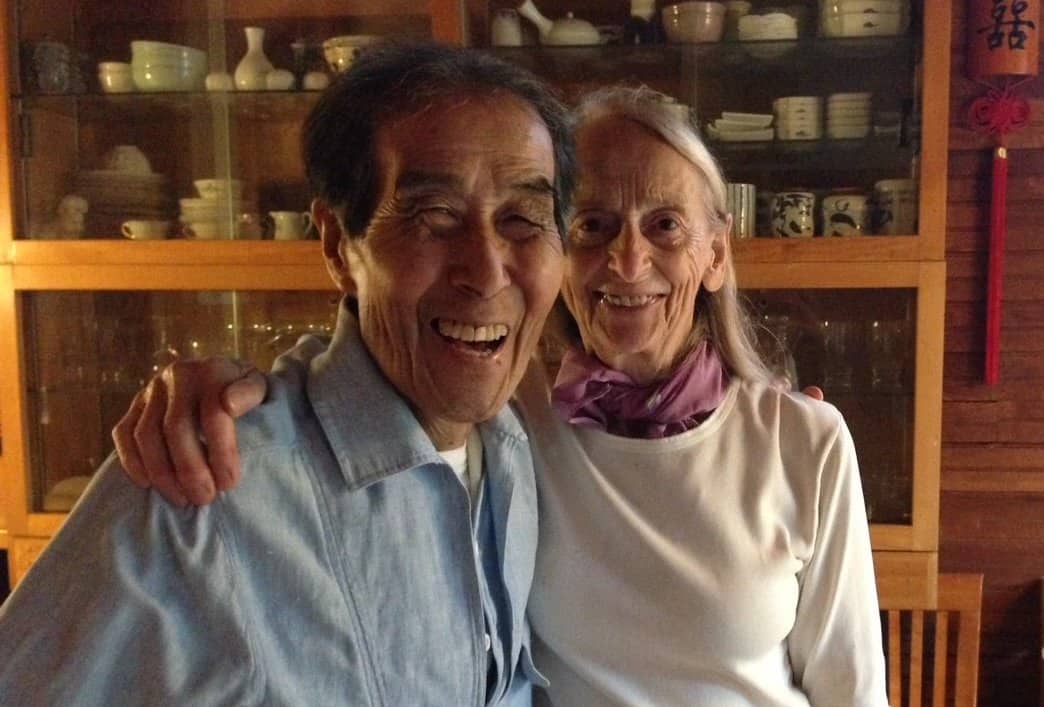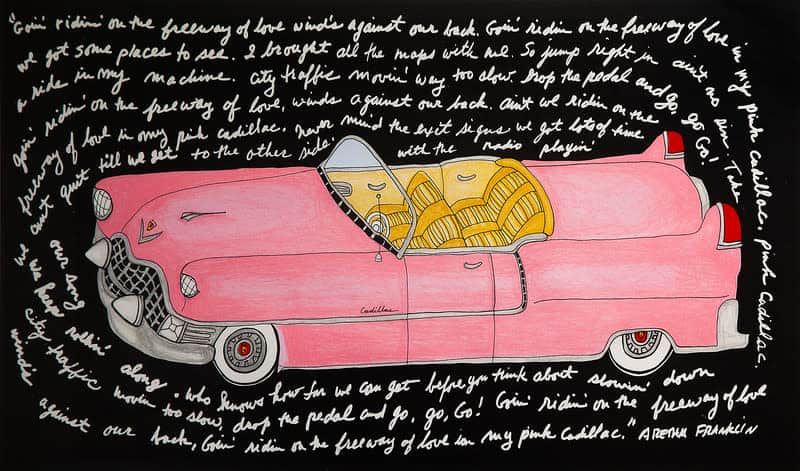Susan Wallner: Virtual Drag Bingo, a clip of which is included in the podcast above, is a weekly, usually sold out, online event at Art House Productions in Jersey City. It’s pure escapist entertainment. I’m Susan Wallner for the Jersey Arts Podcast, and joining me today is the Executive Director of Art House Productions, Meredith Burns. Welcome, Meredith.
Meredith Burns: Hi Susan, thanks for having me.
SW: Art House Productions has an amazing online lineup, and I want to hear more about some of your other events like the Virtual Story Slam, the interactive online comedy that you do on Saturday nights… But first, tell me about Virtual Drag Bingo and what makes it special, especially right now.
MB: Well, when COVID-19 first really hit us and we realized that we would have to adapt majorly—that our doors would shut and we all started working from home—we pretty quickly thought of this idea for a game. Harmonica Sunbeam, who cohosts the event with me, she and I had been speaking for a long time about bringing drag bingo to Art House, but it just never came to fruition. So, I said to her, well, what about bringing it virtually? And she agreed, and we kind of worked through the details and did a couple of test runs and started marketing it, and we were shocked that it sold out so fast. And the first couple of games we were really just figuring out what the vibe and the structure of the event would be, but it was still fun. I think the goal, the intention, was always just to get people connected virtually, get them laughing, distract them for an hour, and really make sure that it had that live, interactive quality to it. And I think that’s what has been successful about it, you know? People, they like seeing other people when they come to play bingo. We do this survey after every event and surprisingly—or, I guess, not surprisingly—one of the top three reasons people say that they come onto bingo is to meet new people.
SW: I’m assuming this is on Zoom?
MB: This is all on Zoom.
SW: You can have side chats, I guess, and you see the same people, maybe, every week?
MB: Well, that’s been part of it. So now every week is great, because it’s so far followed this trend: we have a very strong group of returning “customers,” is what I call them, and then we have a lot of newbies. So it has this really fun feel and I really try and sort of call out—not in any negative way, in a positive way—I try and call out the people that are coming back to us, so it feels like this familiar thing. It feels like you’re coming to this house party of someone that you know, and even if you’re a newbie, it kind of feels like, oh, there’s some kind of culture here that I’m getting to be a part of. And I think that’s fun.
SW: And you sent me a YouTube clip that Art House had posted of one of the winners and it was especially touching. Can you just tell me about that?
MB: Yes! So, in the beginning of the first round of bingo—we play four rounds of bingo every week—the first three rounds are regular bingo rounds, and there are prizes after all of them, but they are gift certificates of free boards at the following week, and the final round is a cash prize, and that’s sort of a cover all: you have to fill every space on the board. So, everyone is obviously looking forward to that last round, but in the first round, we do a thing where if you’re one space away, you type, “Yes Queen,” into the chat bar, and we unmute you, so that when you finally get bingo, you can say bingo out loud—because that’s obviously part of the fun of bingo, is cheering the word bingo. So, Lena, she received a “Yes Queen” in the first round, and all of a sudden I heard someone in the background of her screen saying, “This is a COVID survivor, this is a COVID survivor!” So we spotlighted her video and her son actually said, “You know, she beat the virus.” And so everyone was clapping for her, and it was a really nice moment, and we kept moving. But then, sure enough, she won the final round.
SW: Wow.
MB: It was just kind of perfect. And we do this thing now after the final round where we ask the winner to give a speech, and it’s kind of silly, but of course here it became kind of poignant. She didn’t want to give the speech but her son did, and he just said, “You know, we lost my father a couple of weeks ago, and my mom had the virus as well, and she came through with flying colors. And my nephew or my niece recommended that we play this to sort of have a bit of fun and take our minds off of what’s happening to the family. And this has just been incredible.”
SW: Especially as she lost her husband, and here she is inside, and she looked quite elderly actually, and probably loves to play bingo in general…
MB: Yeah, it was really sweet. It was very touching and there were probably eighty-something people on that night, and in Zoom there are these panels—it almost looks like the panels of Brady Brunch (laughs), where you just kind of scroll through the panels—and just everyone was crying. Everyone was wiping away tears. It was just a really lovely moment and that really drove home the importance of escapism and fun. You know, a seemingly silly thing like Drag Bingo has brought a lot of meaning to people’s lives, and I’m really proud of that.
SW: So, Art House Productions has a lot of parts. I mean, in real life… You have a gallery, you have a theatre, you do lots of different kinds of events. You’re also planning on moving in the next year or so to a bigger, more centrally located space in Jersey City. What are some of your programs and how have they transitioned online?
MB: Well, I would say we have created new programs for our online audiences. In normal times, we present theatre, we have a visual arts gallery, like you said… we have a comedy fest, we have an INKubator New Play Festival, which is a year-long residency of playwrights, and then it culminates in a New Play Fest reading in the spring… we have a modern dance festival… we present different arts groups locally and throughout New Jersey and New York… So, there’s a lot happening, and not all of that can be translated well in the virtual space. The longer this is happening, I do think that the performing arts unfortunately will be the last thing to really reopen, so I really think that the longer we are in this situation, who knows what we’ll innovate, but for the time being, Drag Bingo, Virtual Story Slam, which is a partnership with No Dominion Theatre Co here in Jersey City—it’s essentially just that: if you’ve ever seen anything like The Moth, it’s hearing stories based on a theme on Zoom—and then we do have stand-up comedy on Saturday nights, which is, again, very interactive and I think different than how some groups are doing it. Especially now that the comics, eight weeks in, are very comfortable with Zoom—they’ve all been doing a lot of Zoom stand-up shows—and so, they know how to spotlight folks, which means essentially everyone’s screen gets filled with the same image, so they’ve been doing hilarious crowd work on Zoom.
SW: Really? That’s cool.
MB: It’s really cool. So our comedy program is directly translating onto Zoom, and we are bringing our comedy festival online in July, because we’re so comfortable now with what’s happening Saturday nights with stand-up, we feel it’s going to be a relatively easy lift to translate that.
SW: In a way it seems like it could even be expanding Art House Productions’ footprint outside of Jersey City.
MB: Yeah, I think it is! I mean, we got a shout-out on The Late Show with Stephen Colbert, he’s doing a thing now where essentially he is shouting out different virtual events across the country, so that was very fun for us. But, every week now, since that shout-out, we’ve had more and more people from different parts of the country. So it definitely is broadening our reach and it’s definitely expanding our programming. I mean, we’re really trying to take this in two week to four week chunks, but, depending on what happens, even when we go back to live performance we might continue with some of the virtual programming because part of Art House’s mission is accessibility, and we’re finding that this is really making arts programming accessible to people with disabilities in a different way, to elderly people who might not be mobile enough to leave the house or not want to, or people with mental health issues who might not want to leave the house. This is really expanding programming to them, and that’s very exciting for us.
SW: I was reading that you have an original digital crowd-sourced community poem, with the theme of “Life in the Pandemic and Beyond: Quarantine, Devastation, and Hope for the Future.” I hadn’t seen anything else like this around, and I’ve been looking at a lot of different organizations and what they’re doing online. Why don’t you tell me just a little bit about this, because it sounds both ambitious and sort of very unusual?
MB: Yeah, so, the idea was really to figure out a way to connect Jersey City artists and also to harken back to Art House’s roots. What’s interesting is that we were founded shortly after 9/11, so we were really founded in the midst of a really difficult time, for our country of course but specifically for Jersey City, given our proximity, and given how many people from Jersey City were lost in that tragedy. The first event at Art House was an open mic of poets, so we thought, you know, here we are again, experiencing similar anxieties, and how can we harken back to our poetry roots? There’s still such a huge contingency of poets in Jersey City, so how can we activate them? So this idea was kind of just brainstormed, well, what if it’s a community poem? What would that look like? And we quickly realized that we’d need someone to sort of be the curator of that poem, so we reached out to Rashad Wright, who is the Poet Laureate of Jersey City, and we kind of worked out the structure with him. We’ve also expanded it to all of New Jersey—any poet or interested party living in New Jersey can submit a poem up to eleven lines, and then they have to give permission for Rashad to pick and choose whatever lines he wants to then create this final community poem. And so, Rashad has created this poem—it’s beautiful, it’s a very long, substantial poem, and so we have our final poem, and now the next phase of this is we’re going to ask for video submissions of performers, again, anyone who’s interested in recording a few stanzas of the poem, and then we’re going to cut that together in a video project that’ll be shared, and also we’re going to create a PDF of all of the poems that were submitted and then the final poem.
The hope is that this is kind of a time capsule. We’re calling it the Jersey City Community Poem because although we have expanded who’s able to participate—everyone who’s a resident of New Jersey is eligible—but we do feel like Jersey City is Jersey City, so I still think it’s going to both represent the city well and, you know, also speak to New Jersey and be more inclusionary. But yeah, so that’s the idea, and so far, so good! We’ll see how the final video project comes out. We’re trying to really engage on a lot of different levels. So while we have these live, ticketed events, we also have a lot of content that’s coming out—we send out a weekly e-blast on Mondays and there’s a different thing for every day of the week, and a lot of that is content-driven. We have artist profiles, we have different archival footage that we’re putting out, we have this community poem, we also have a visual arts competition, submissions just closed for that and we had a 150 visual arts submissions, which is kind of amazing.
SW: Wow, 150 different artists who submitted?
MB: 150 different artists.
SW: Wow.
MB: Which is about 100 more than I thought were going to submit, so it’s really great. There is a cash prize for that one, so perhaps that was the incentive, and that’s the idea: we’re trying to support our artists in as many creative ways as possible, given our limitations and given the situation right now. We are trying to sustain. We are really working hard to do what we can and to provide resources and to provide paid opportunities where we can. Our rule of thumb has been that if it’s a ticketed event where audiences are paying, we are paying our artist to be performers of that event. So far so good, and we’ve been able to remain solvent, but of course the future is very unknown and uncertain.
SW: Thank you so much Meredith, it’s been really nice talking to you, and good luck.
MB: Thank you Susan, I appreciate it.
SW: That was Meredith Burns of Art House Productions in Jersey City. You can find out more about their offerings at arthouseproductions.org and more about all of the arts in New Jersey at jerseyarts.com. I’m Susan Wallner for the Jersey Arts Podcast.

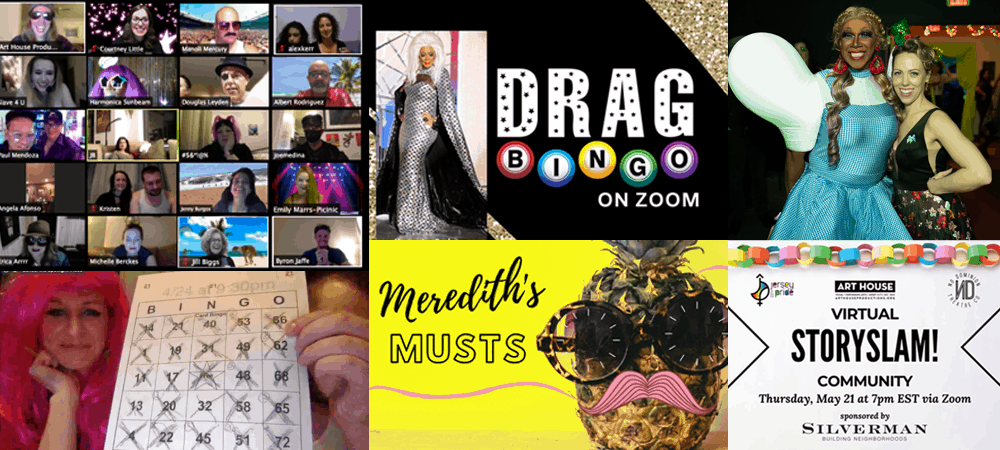


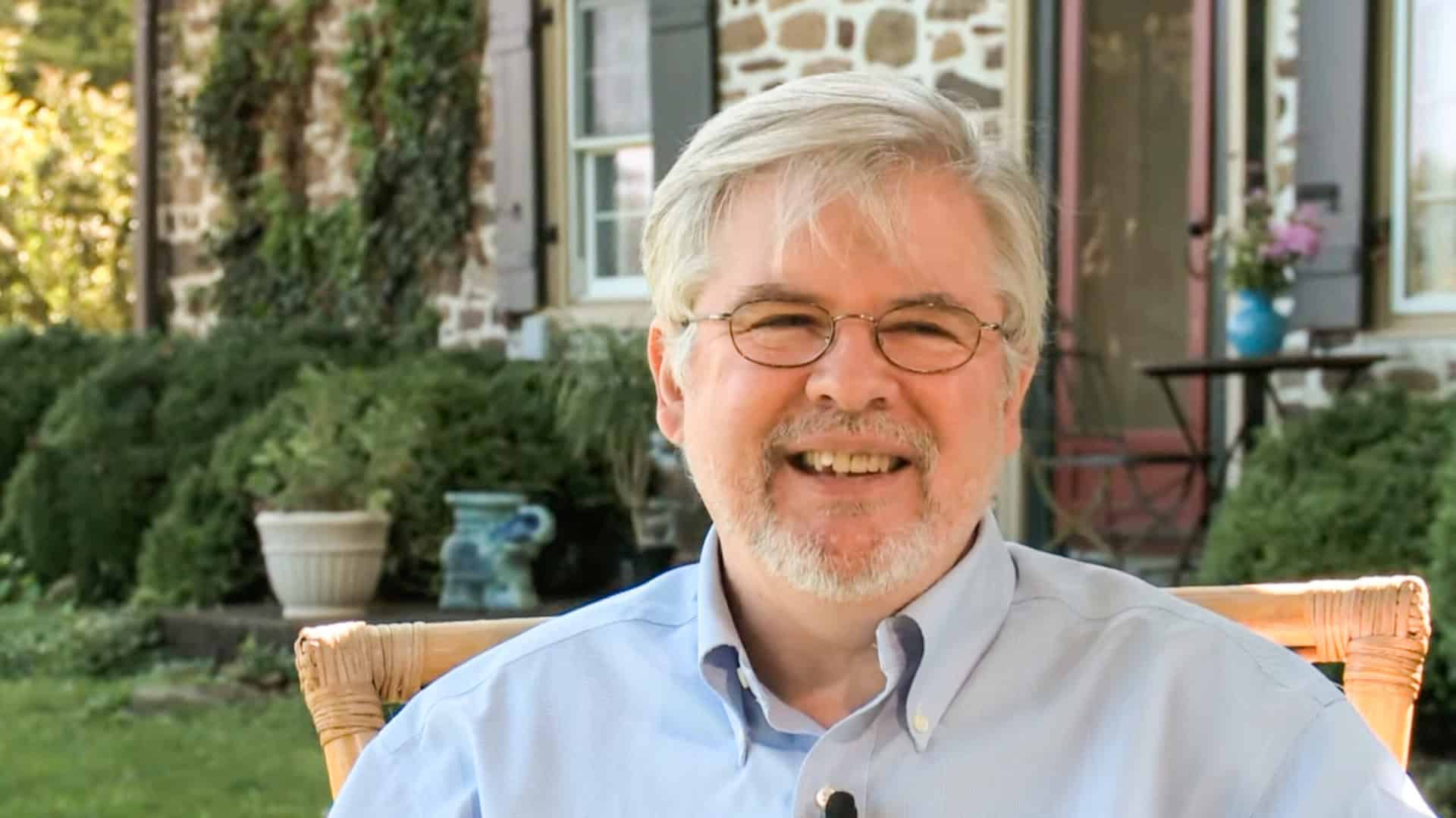
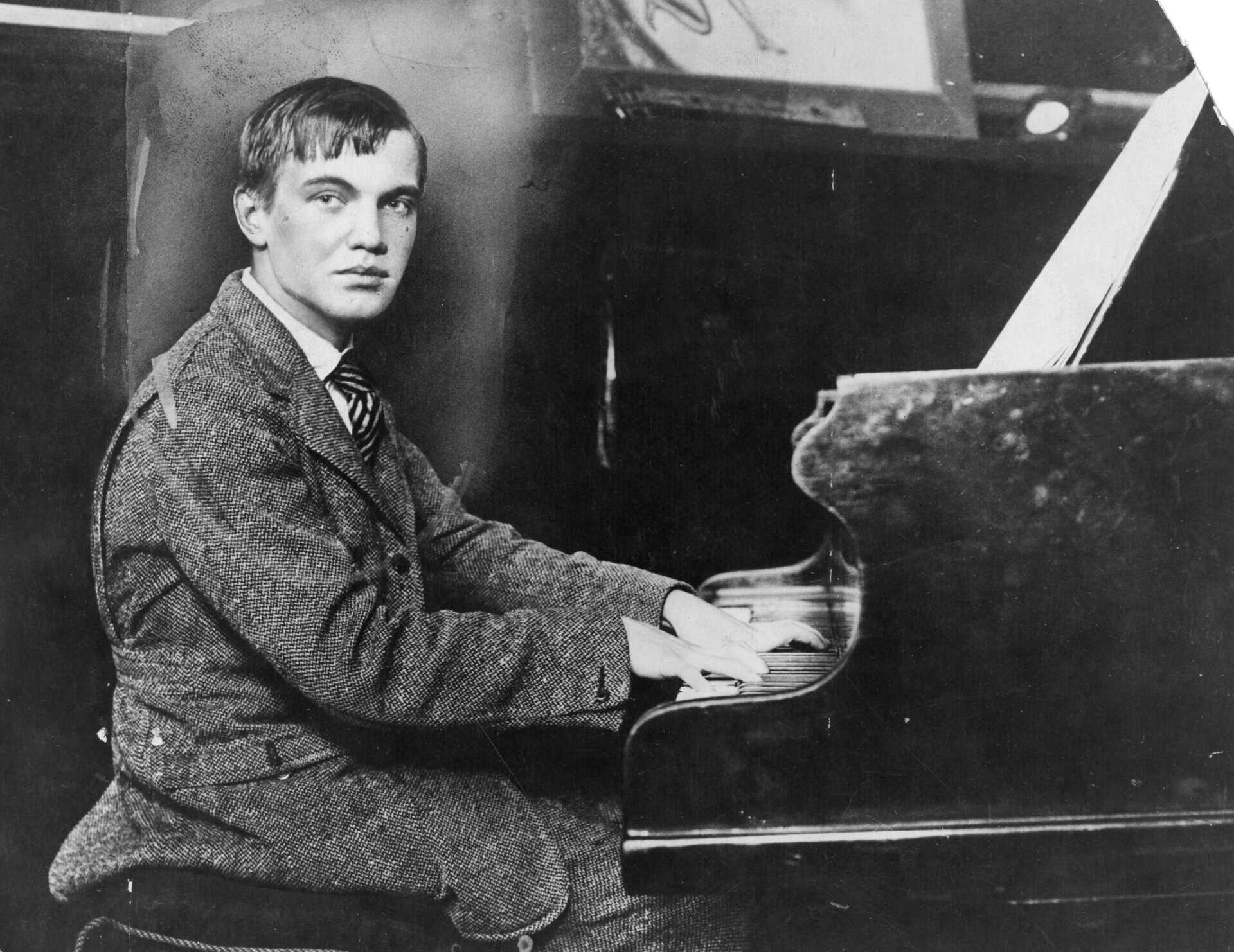
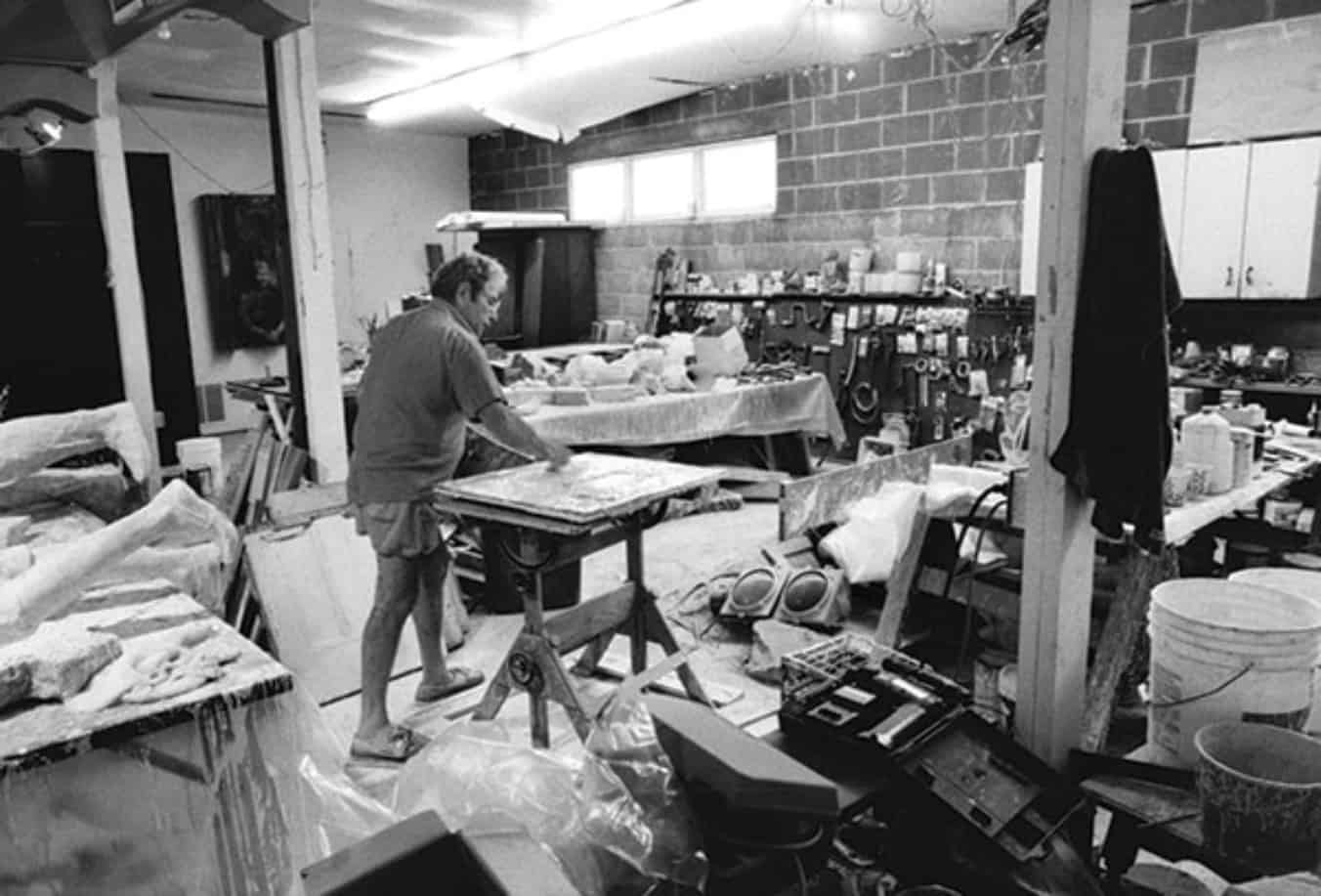
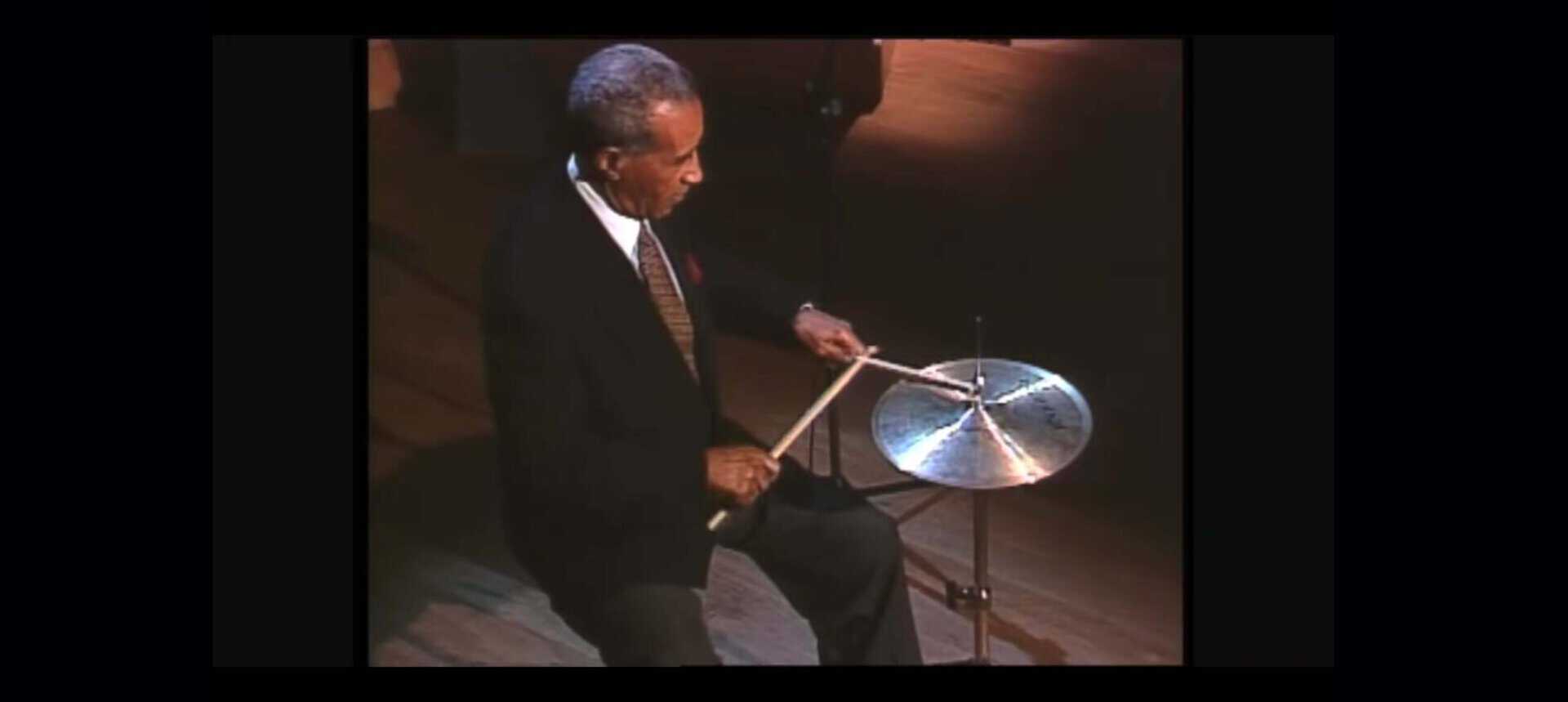
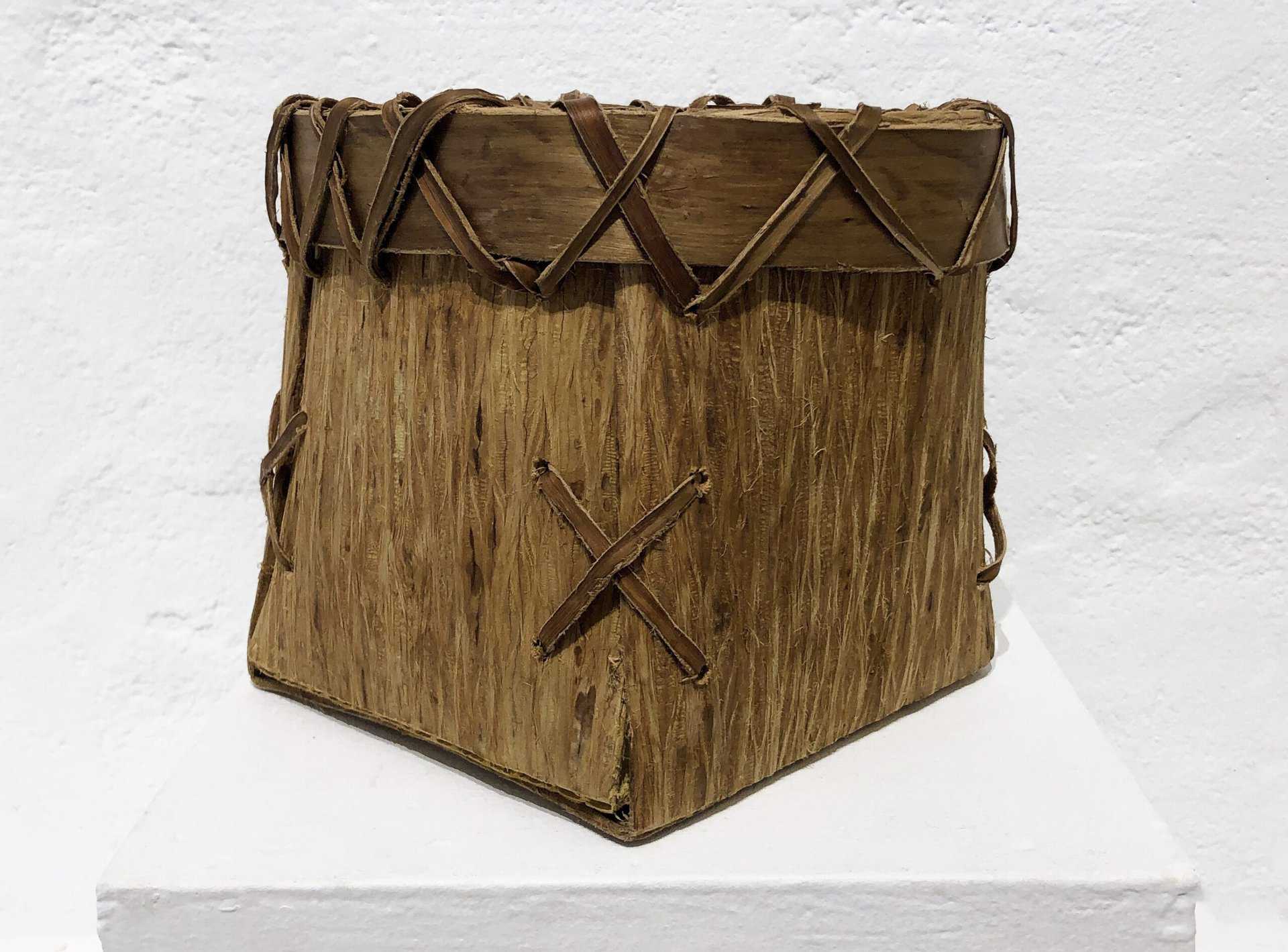
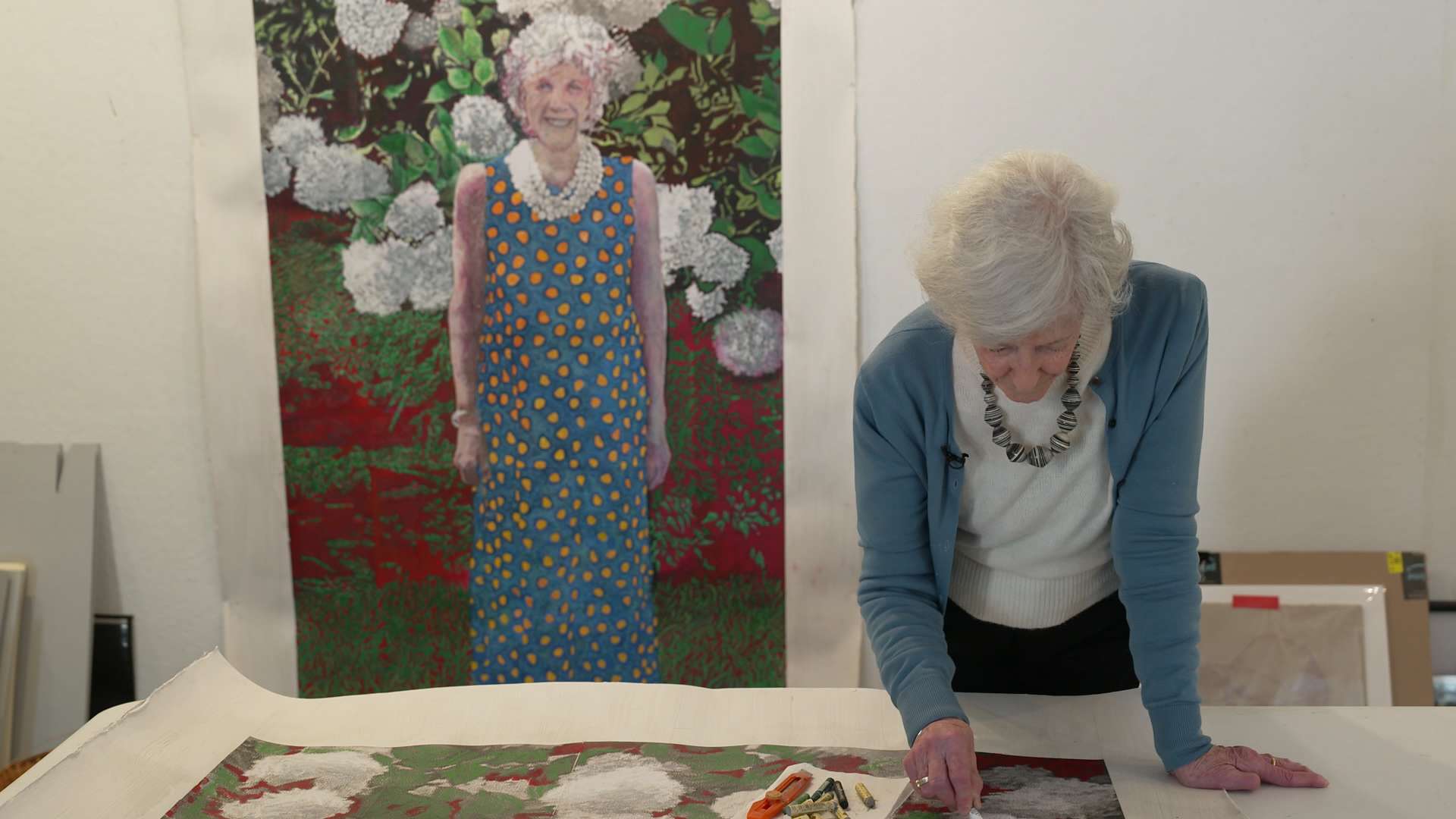
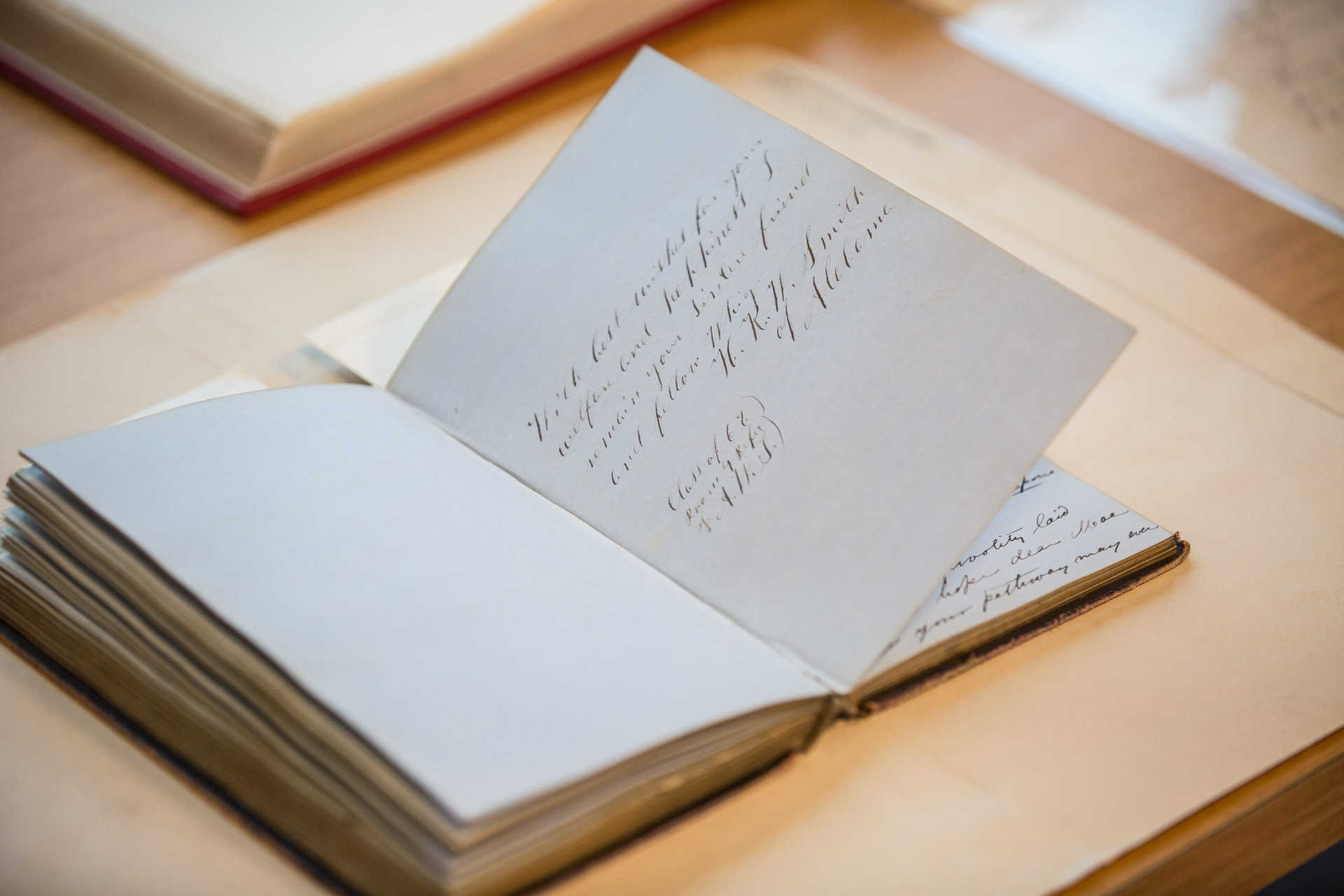
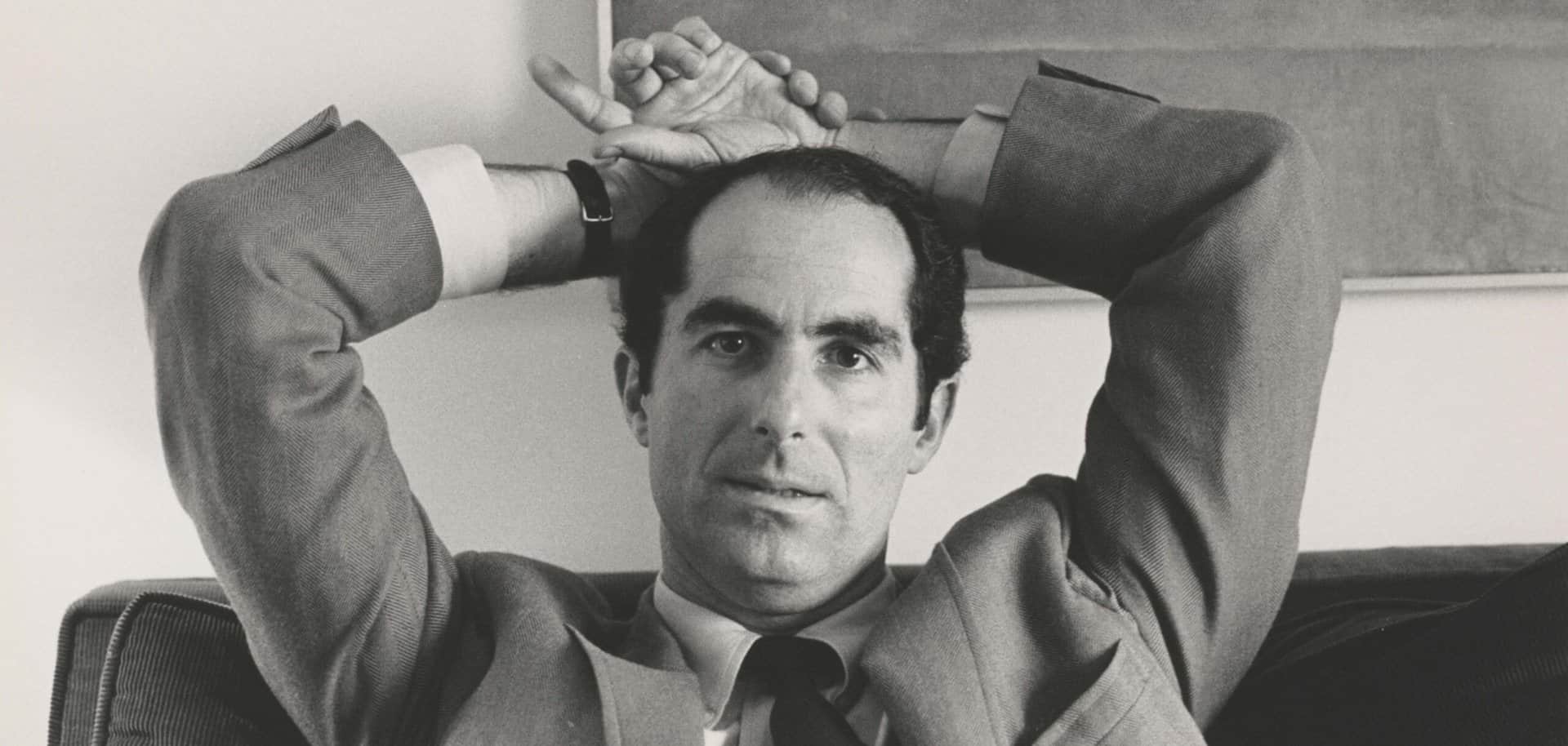
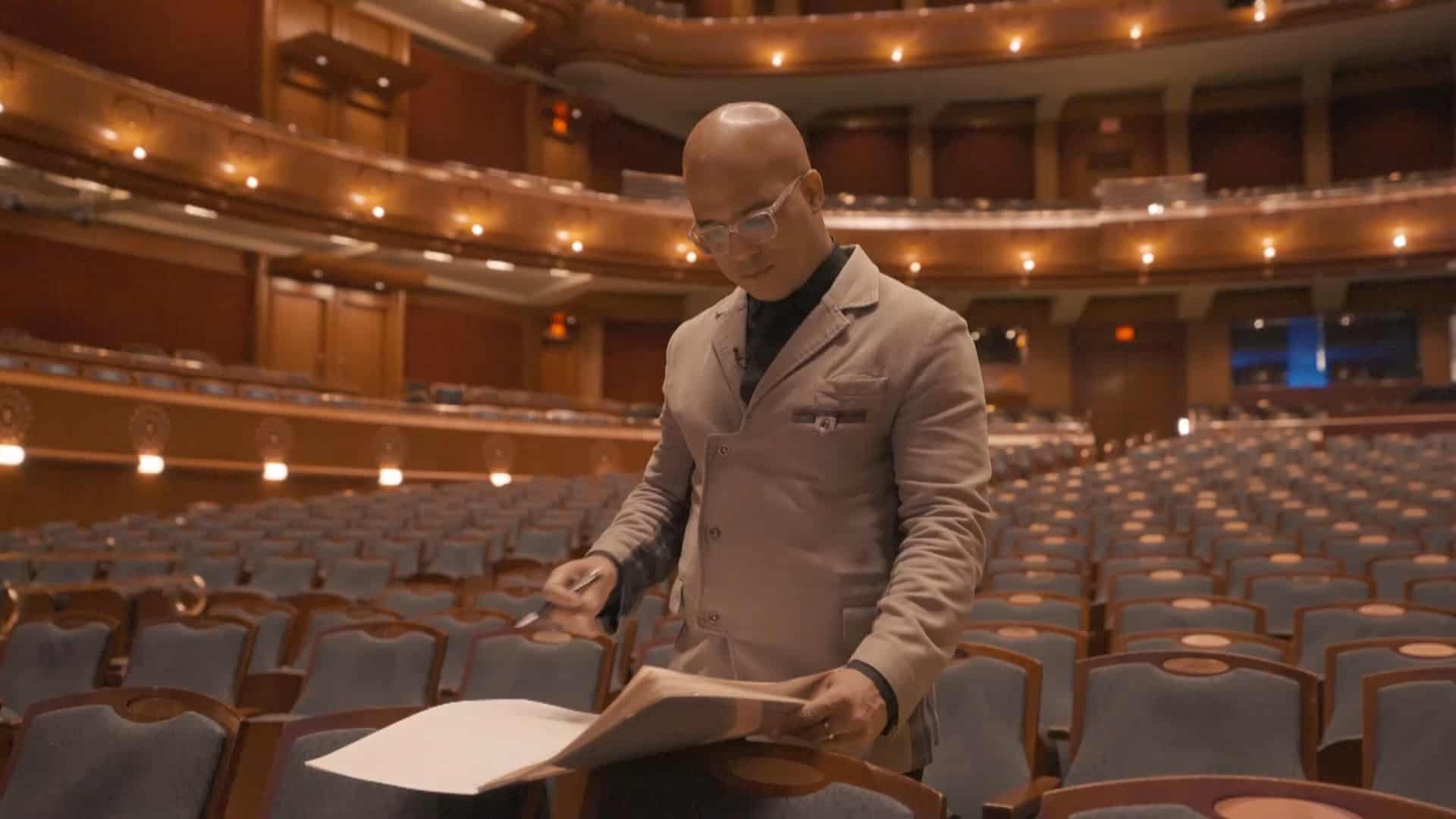
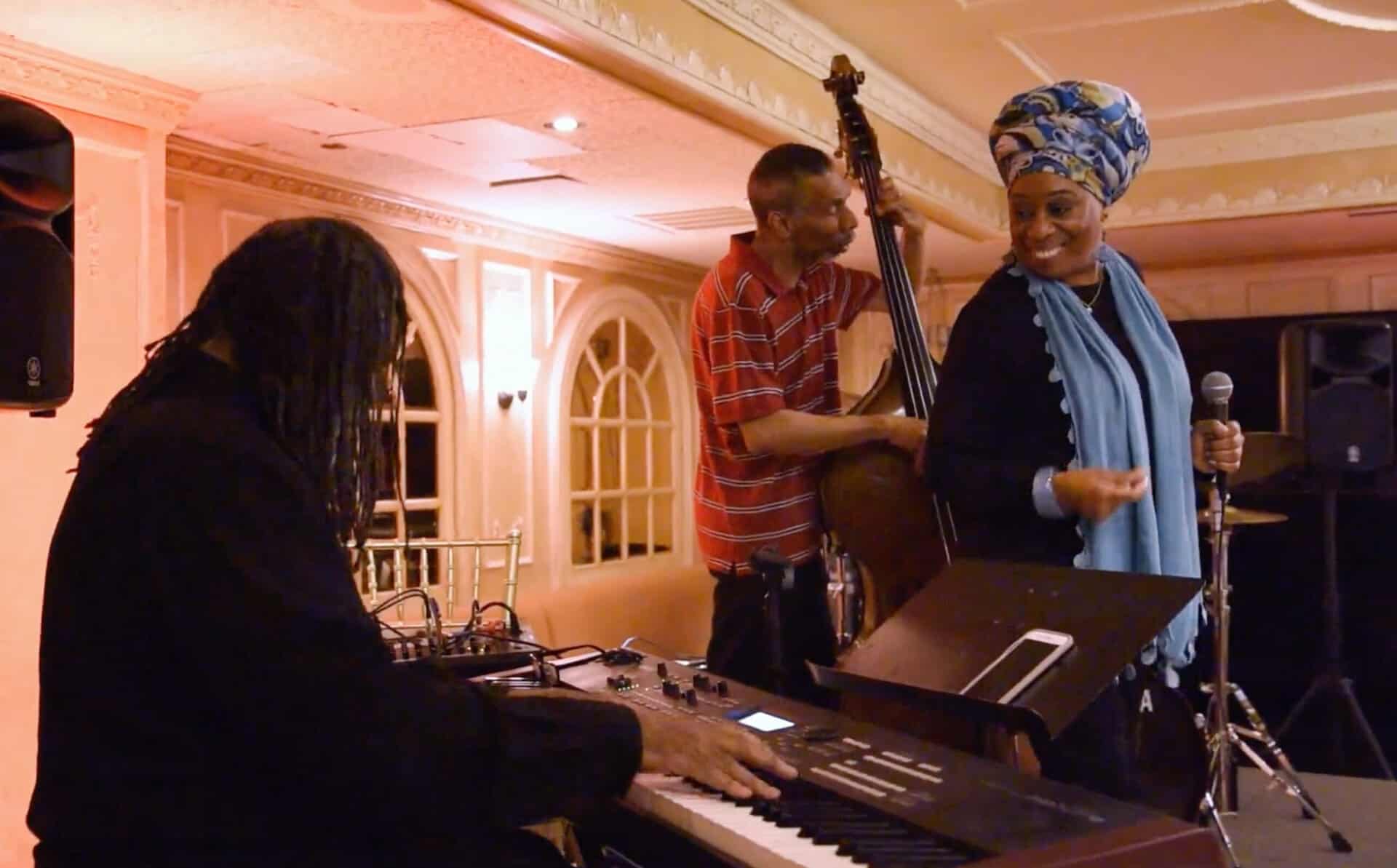

![Truckdriver after a Run, Ohio, Sol Libsohn, 1945 [ICP]](https://stateoftheartsnj.com/wp-content/uploads/2023/05/libsohn_sol_156_1983_411582_displaysize.jpg)
